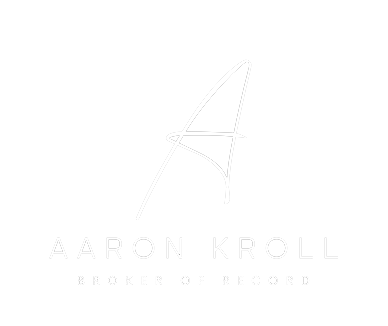With tougher lending requirements combined with higher interest rates, it is more complicated today to find a mortgage solution that best suits your needs.
Navigating Mortgage Lending In 2023
When it comes to mortgages, there are two main types of interest rates: variable and fixed. Each has its own advantages and disadvantages, and it’s important to understand them before making a decision on which one to choose. Additionally, lenders have tightened their lending requirements, making it more difficult to secure a mortgage. Here’s what you need to know.
Variable vs Fixed Rate Mortgages
A variable rate mortgage has an interest rate that can fluctuate up or down depending on changes in the prime lending rate set by the Bank of Canada. This means that your mortgage payments can change over time, making it difficult to budget for the long term. However, if interest rates go down, you’ll pay less in interest, which can be a huge advantage.
A fixed rate mortgage, on the other hand, has an interest rate that is fixed for the duration of the mortgage term, typically between one and five years. This means that your mortgage payments will remain the same for the entire term, making it easier to budget. However, if interest rates go down, you won’t benefit from the lower rate.
Navigating Tougher Lending Requirements
Lenders have tightened their lending requirements in recent years, making it more difficult to secure a mortgage. Here are some tips to help you navigate the process:
Improve Your Credit Score: Lenders use your credit score to determine your creditworthiness. Make sure you pay all of your bills on time and keep your credit card balances low to improve your credit score.
Save for a Larger Down Payment: The larger your down payment, the less you’ll need to borrow. This can make you a more attractive candidate to lenders.
Reduce Your Debt-to-Income Ratio: Lenders will look at your debt-to-income ratio to determine how much of a mortgage you can afford. If you have a lot of debt, consider paying it down before applying for a mortgage.
Work with a Mortgage Broker: Mortgage brokers have access to a wide range of lenders and can help you find the best mortgage for your needs. They can also help you navigate the lending process and provide guidance on how to improve your chances of approval.
In summary, choosing between a variable and fixed rate mortgage depends on your personal financial situation and risk tolerance. Additionally, with tighter lending requirements, it’s important to take steps to improve your credit score, save for a larger down payment, reduce your debt-to-income ratio, and work with a mortgage broker to help you navigate the process. By doing so, you’ll increase your chances of securing a mortgage that’s right for you.
Written by : aaronkroll
Subscribe To My Newsletter
Sign up today for up to date real estate news & insights




